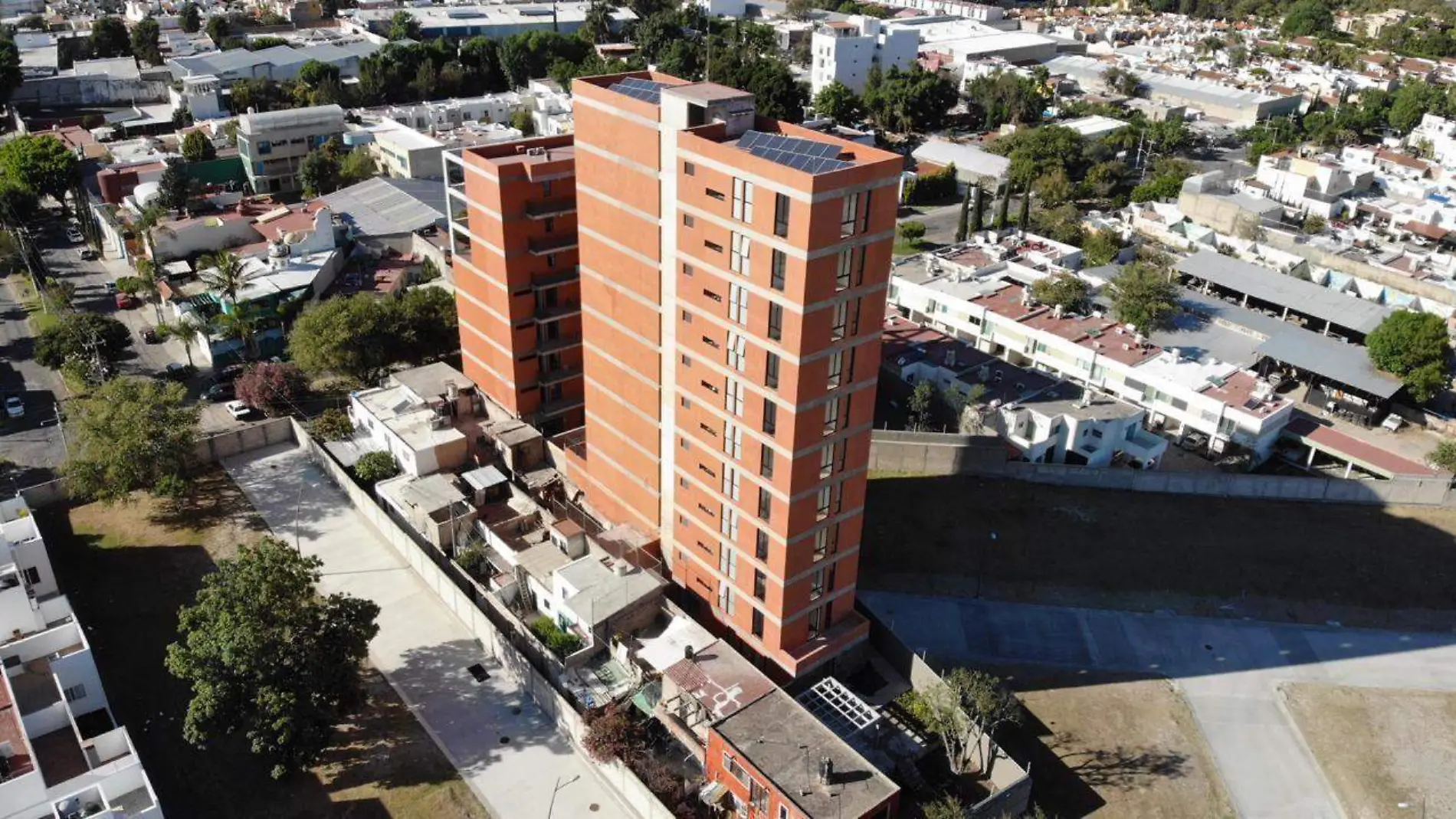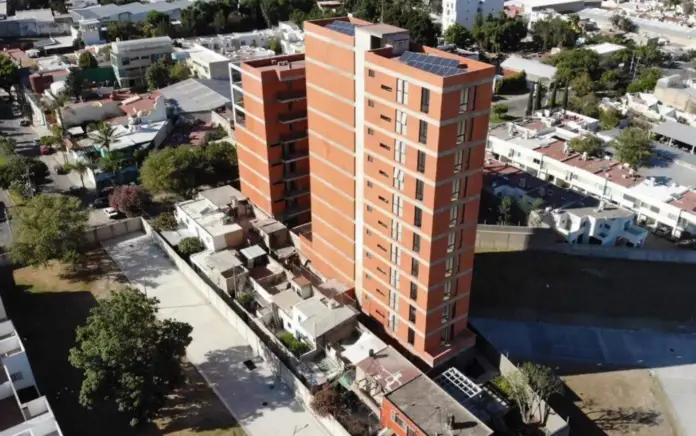
The city of Querétaro, along with Mérida and León, will continue to receive more investments and will have potential in the development of real estate projects in tourism, housing and commerce, so they will be able to diversify the model of the economy.
This is according to an analysis carried out by the real estate group of Guadalajara origin, Levy Holding.
In the analysis of the trends in the country’s real estate industry, they also pointed out that these three cities stand out for their quality of life, growing infrastructure and more competitive costs when compared to traditional metropolises.
There is a lack of intra-urban housing in Querétaro
It has low competitiveness because the percentage of construction in areas with access to employment, equipment and service is minimal
Meanwhile, the CEO of the company, Agustín Levy, highlighted that in 2025 the Mexican real estate industry will face transformations and opportunities, and will be marked by innovation, sustainability and expansion towards new horizons.
Regarding states such as Baja California Sur, Quintana Roo and Coahuila de Zaragoza, they pointed out that there is more specialization in real estate services. And they consider the State of Mexico, Mexico City and Jalisco to be consolidated hubs, which house the largest number of real estate economic units.
“Our commitment is to comprehensive developments that combine functionality, sustainability and accessibility, adapted to the needs of these emerging cities. Growth is not only measured by new investments, but by the capacity of cities to adapt, innovate and create comprehensive solutions for their communities,” he stressed.
In Querétaro, rents grow 9% in 2 years
According to Index de Inmuebles24, on average a home is rented for 11,224 pesos
He stressed that nearshoring is essential to attract investments that expand opportunities for the real estate sector, since according to the Ministry of Economy in the first half of 2024, foreign direct investment (FDI) in real estate reached 272 million dollars, mainly due to the installation of logistics centers, industrial parks and housing developments in strategic regions.
“The effects of nearshoring are redrawing the real estate map. Traditionally secondary regions are now at the center of interest of international investors. At Levy Holding we are developing projects that capitalize on this moment, connecting infrastructure and development with the needs of the global market,” he said.
Given this growth, he stated that it is necessary to adopt technologies such as proptech platforms, virtual reality and artificial intelligence, which will transform the customer experience in the purchase and management of properties; and projects with environmental protection will make a difference.
Source: oem




